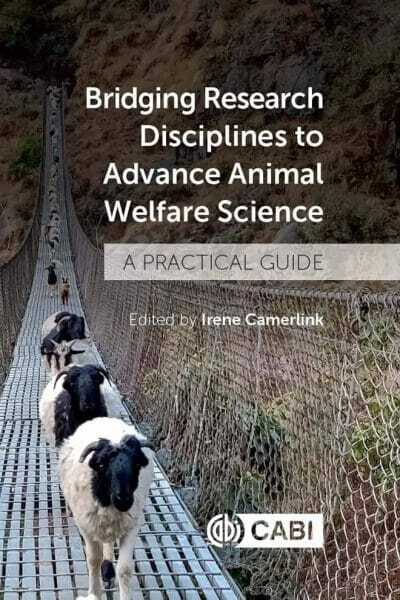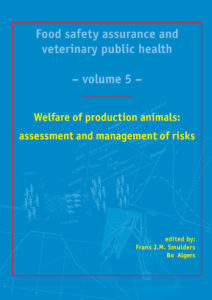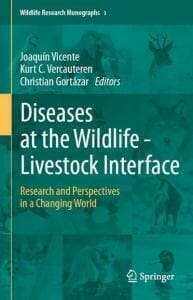Bridging Research Disciplines to Advance Animal Welfare Science: A Practical Guide

By Irene Camerlink
Bridging Research Disciplines to Advance Animal Welfare Science: A Practical Guide PDF. In recent years there has been a huge rise in interdisciplinary and multidisciplinary research in animal sciences which has accelerated improvements in animal welfare.
Down to earth and practical, this book gives guidance on how cross-disciplinary research can advance animal welfare. With numerous examples and case studies, the text explains:
· the different concepts regarding cross-disciplinary research
· how to set up cross-disciplinary research projects
· how to work in cross functional teams and models for effective team working
· how different fields can impact animal welfare, including social sciences, neurosciences, genetics, behavioural ecology and technology.
The aim of the Bridging Research Disciplines to Advance Animal Welfare Science: A Practical Guide book is to help researchers and graduate animal science students to understand how to advance animal welfare through the integration of disciplines.
This Book is Available For Premium Members Only













![Ettinger’s Textbook of Veterinary Internal Medicine 9th Edition [PDF+Videos] Ettinger’s Textbook of Veterinary Internal Medicine 9th Edition [True PDF+Videos]](https://www.vet-ebooks.com/wp-content/uploads/2024/10/ettingers-textbook-of-veterinary-internal-medicine-9th-edition-100x70.jpg)

![Textbook of Veterinary Diagnostic Radiology 8th Edition [PDF+Videos+Quizzes] Thrall’s Textbook of Veterinary Diagnostic Radiology, 8th edition PDF](https://www.vet-ebooks.com/wp-content/uploads/2019/09/textbook-of-veterinary-diagnostic-radiology-8th-edition-100x70.jpg)






